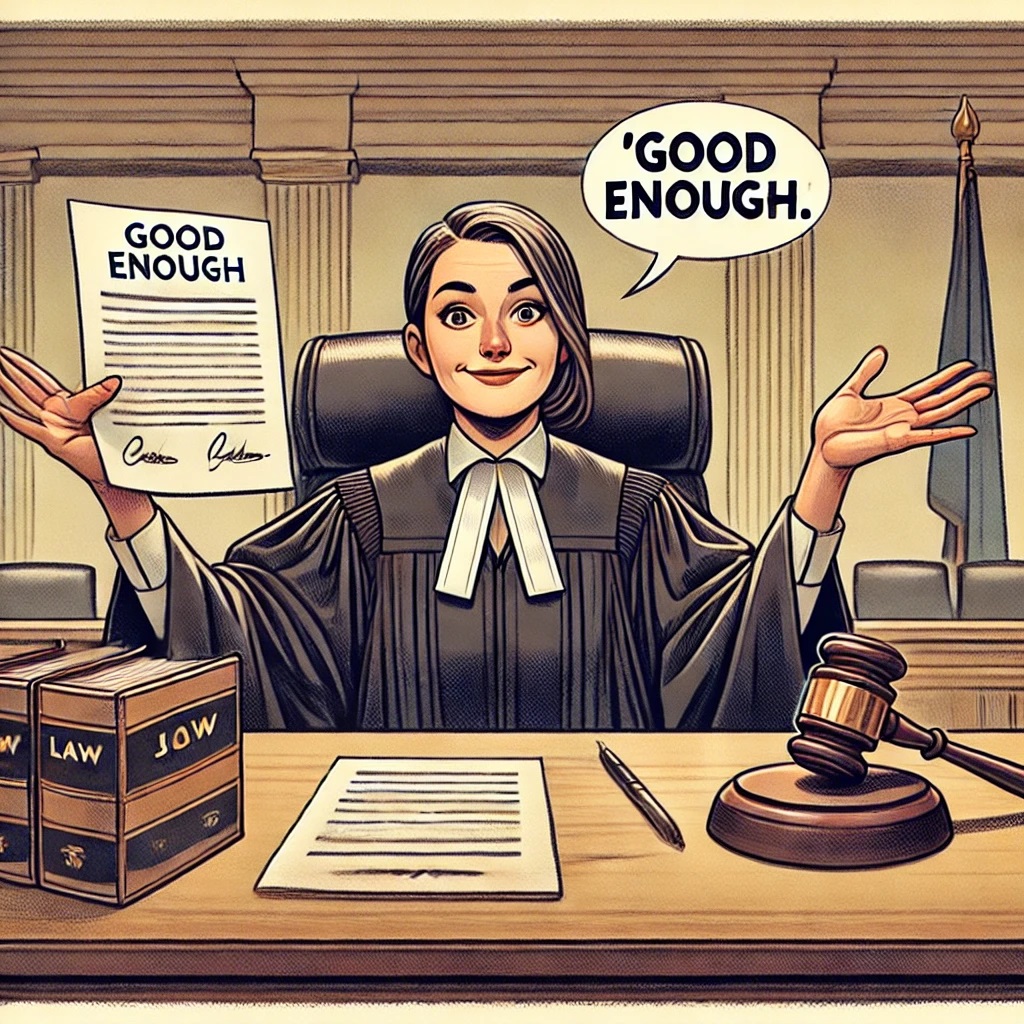
Because the deadline to appeal is jurisdictional, the court cannot excuse a late appeal, even for very, very good reason. Sorry, no exceptions. Well, there are five official exceptions. And sometimes the court looks the other way on untimely appeals. But other than that, the rule is iron-clad.
One of those exceptions is constructive filing, sometimes called the “prison guard rule,” which applies when a prisoner gives his notice of appeal to the prison guard who then fails to timely file it.
But how far does the prison-guard rule go? In In re Santos (D5 Jun. 6, 2024 No. F087859) [nonpub. opn.], the prisoner had an attorney, and told his attorney he wanted to appeal after the resentencing hearing in October 2023. But the attorney did not file until late February, by which time the appeal was untimely. The Court of Appeal issued a writ deeming the appeal constructively filed on time. Why?
Well, because the tardiness was not the fault of the party or the attorney. Counsel diligently inquired with the clerk after the hearing when the judgment was going to be entered. Apparently, the clerk just shined her on. Then finally during a call in late February, the clerk noted that, yes, judgment has been entered—way back in early December, in fact—and, would you look at that, you’re out of time to appeal.
The court thought this unfair, and thought the constructive-filing doctrine a good enough fit.
Comment:
The cases the court cites all involve instances where the prisoner timely instructs a state agent to file the appeal. The “constructive filing” is the date that instruction is given. This seems to be something new: that the court can just pick the constructive date any date it likes that would make the appeal timely. I’m not saying it’s not right, but in the context of a limited doctrine within a narrow set of exceptions to a so-called jurisdiction deadline, this is a pretty free-wheeling application.